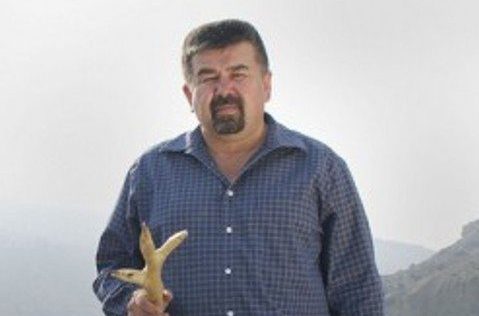The Tsilhqot’in National Government says high stumpage rates are taking a toll on jobs, families and businesses.
A news release from the TNG says recent hikes in stumpage rates are hurting their small communities that rely on blanket salvage permits for Douglas Fir to keep their businesses operational.
It goes on to say that it is putting members out of work right before the holidays.
The release also states that in the meantime, major forestry operators continue to harvest in Tsilhqot’in territory.
The TNG is calling for an urgent review of the situation and changes to the stumpage rates, so that the forest industry remains stable, equitable and supports small Indigenous forest companies operating in their own territories.
Quotes:
Nits’ilʔin (Chief) Joe Alphonse, Tŝilhqot’in National Government
“We need to take a hard look at forestry in the Chilcotin. We have to ask the hard questions. Who continues to profit from the logging in our backyard? What benefits are we seeing from the resources in our own territory? It hits home yet again when you see our own members and businesses out of work while others continue to log our forests, with bigger and bigger impacts, for less and less profit. The Council of Tŝilhqot’in Chiefs will be meeting early in the new year to hammer out our position on forestry and set out our next steps to address logging on our lands.”
Nits’ilʔin (Chief) Lennon Solomon, Yuneŝit’in Government
“Small Indigenous forestry companies can’t ride out these huge spikes in stumpage fees. It might seem like small logging contracts, but it means jobs for our members and food on the table. It is devastating that we can’t put our members to work because the stumpage rates are suddenly through the roof. It is putting people out of work at the very worst time, right over the holidays. It hurts our workers and their families and our whole community. I won’t stand for it. If we can’t benefit from the forests in our own territory, nobody should be logging. We need a better, fairer, system for Indigenous communities.”
Nits’ilʔin (Chief) Francis Laceese, Tl’esqox First Government
“It is not right that we can’t afford to log in our own backyard while logging trucks of major operators continue to roll past our community. In Tl’esqox, we are building an economy based on smaller, sustainable logging, including training, harvesting, mill work and value-added. As Indigenous peoples, we are working hard to build ourselves up from the margins of the economy, but we are the first to suffer and the first to be shut down by impacts like these unfair stumpage rates. We won’t stand by while others log our territory and we don’t see fair benefits coming to our Communities. This issue has to be addressed immediately. Our Communities will stand firmly together to fight against this unfairness.”
Something going on in the Cariboo you think people should know about?
Send us a news tip by emailing [email protected].










